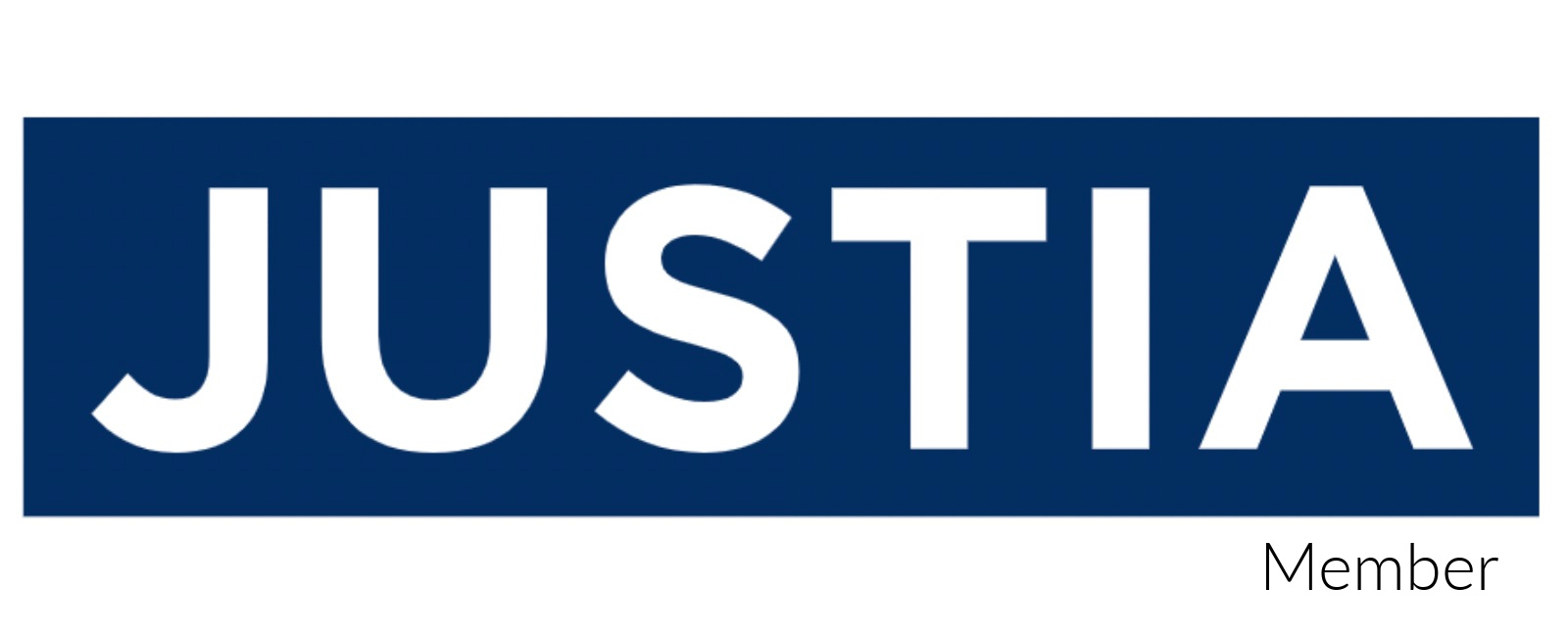- Contact Us Now: (877) 276-5084 Tap Here to Call Us
California Labor Code Section 925
Vondran IP Litigation
Legal Issue: Understanding California Labor Code Section 925: The Right to Counsel
California Labor Code Section 925 is a vital piece of legislation aimed at protecting employees who work under employment agreements that require them to resolve disputes outside of California. This law ensures that employees cannot be forced to litigate or arbitrate employment disputes in a state other than California, nor can they be required to waive the protection of California law. This blog will break down the key elements of Section 925, providing definitions and examples to make the information accessible for everyone.
Background and Purpose of Section 925
Section 925 was enacted in response to growing concerns about employees being forced into unfavorable legal situations due to the terms of their employment contracts. Before this law, many employees were required to resolve disputes in states with laws less favorable to employees, often creating significant hardship and inequity. The primary goal of Section 925 is to prevent employers from imposing such conditions and to ensure that California employees can benefit from the state’s strong labor protections.
Key Elements of Section 925
- Right to Litigate or Arbitrate in California:
- Definition: Employees have the right to resolve any disputes arising from their employment contracts within California, rather than being compelled to do so in another state.
- Example: If a California-based employee has an employment contract that specifies disputes must be resolved in Texas, Section 925 invalidates this requirement, allowing the employee to handle the dispute within California.
- Prohibition of Waiver of California Law Protections:
- Definition: Employers cannot force employees to waive their rights under California law.
- Example: An employment contract that tries to apply Nevada law to a California employee’s disputes is void under Section 925.
- Applicability:
- Definition: This law applies to any employee who primarily resides and works in California.
- Example: A software engineer living in San Francisco and working for a California-based tech company is protected under Section 925.
Detailed Examples and Scenarios
- Example 1: A marketing manager living in Los Angeles works for a company headquartered in New York. Her employment contract states that any disputes must be resolved in New York under New York law. Under Section 925, this provision is invalid, and she can resolve any disputes in California under California law.
- Example 2: A sales representative for a nationwide company is required to sign an agreement stipulating that all legal disputes will be settled in Florida. Since he primarily works and resides in California, Section 925 protects him from being forced to travel to Florida for litigation.
Definitions and Clarifications
- Litigate: To resolve disputes through the court system.
- Arbitrate: To resolve disputes through arbitration, a private form of dispute resolution outside the courts.
- Waive: To give up a legal right voluntarily.
Exceptions to Section 925
Section 925 does not apply to:
- Contracts with employees who were individually represented by legal counsel during the negotiation of the terms.
Example: If a senior executive had their own attorney review and negotiate their employment contract, the provisions of Section 925 may not apply.
Comparative Analysis
California’s approach to employment contract disputes under Section 925 is particularly employee-friendly compared to many other states. For instance, states like Texas and Florida often enforce choice-of-law and forum-selection clauses that favor employers. By contrast, California’s strict limitations on such clauses reflect its broader commitment to worker protections.
Case Law and Legal Precedents
- NuVasive, Inc. v. Miles (2017):
- Summary: This case involved a non-compete agreement that was supposed to be enforced under Delaware law. The California Court of Appeal ruled that Section 925 applied, allowing the employee to challenge the non-compete agreement under California law, which is generally more favorable to employees regarding non-compete clauses.
- Impact: This case exemplifies how Section 925 can be used to protect California employees from out-of-state legal requirements that could harm their employment rights.
- Jane Doe v. ABC Corp.:
- Summary: In this hypothetical case, a California-based employee was required to sign an employment contract that mandated arbitration in New York. The court ruled in favor of the employee, applying Section 925 to allow the arbitration to occur in California instead.
- Impact: This case further highlights the protective nature of Section 925 for California employees.
Practical Implications for Employers and Employees
- For Employers: It is crucial to review and update employment agreements to ensure compliance with Section 925. Employers should avoid including clauses that mandate out-of-state litigation or the application of non-California law unless the employee was represented by legal counsel during negotiations.
- For Employees: Employees should carefully review their employment agreements and be aware of their rights under Section 925. If a contract includes provisions that violate this section, employees can seek legal advice to challenge those terms.
Frequently Asked Questions (FAQs)
- What should I do if my contract includes an out-of-state litigation clause?
- You can challenge this clause under Section 925, asserting your right to resolve disputes within California.
- Does Section 925 apply to independent contractors?
- No, Section 925 specifically applies to employees, not independent contractors.
- Can an employer require arbitration outside of California?
- Generally, no. Section 925 ensures that arbitration must also take place within California unless the employee was represented by counsel during contract negotiations.
Civil Code References
- California Civil Code Section 1646: Determines the applicable law of a contract based on where the contract was made or to be performed.
- California Civil Code Section 1668: Declares that contracts exempting someone from responsibility for their own fraud or willful injury to another are against public policy.
Conclusion
California Labor Code Section 925 is a powerful tool for protecting employees from unfair employment contract terms that attempt to limit their rights. By ensuring disputes can be resolved within California and under California law, Section 925 helps maintain fair treatment for employees. This law is particularly crucial for employees working under agreements that were not negotiated with legal representation, offering them a safeguard against potentially disadvantageous out-of-state legal provisions.
For anyone dealing with employment contracts, understanding Section 925 is essential to ensure their rights are fully protected under California law. Employers and employees alike should be aware of this important legislation to navigate employment agreements effectively and ensure compliance with California’s robust labor protections.









